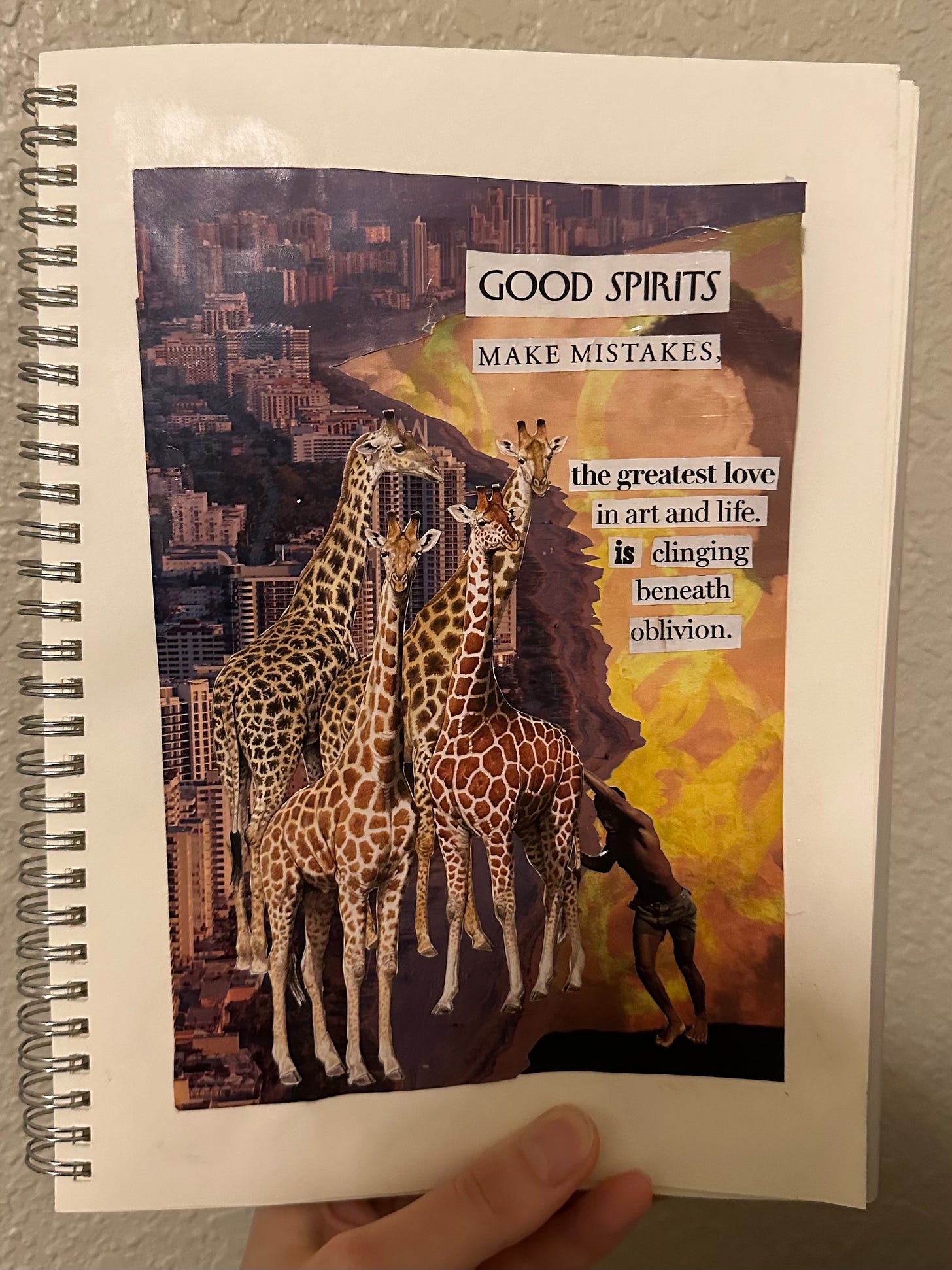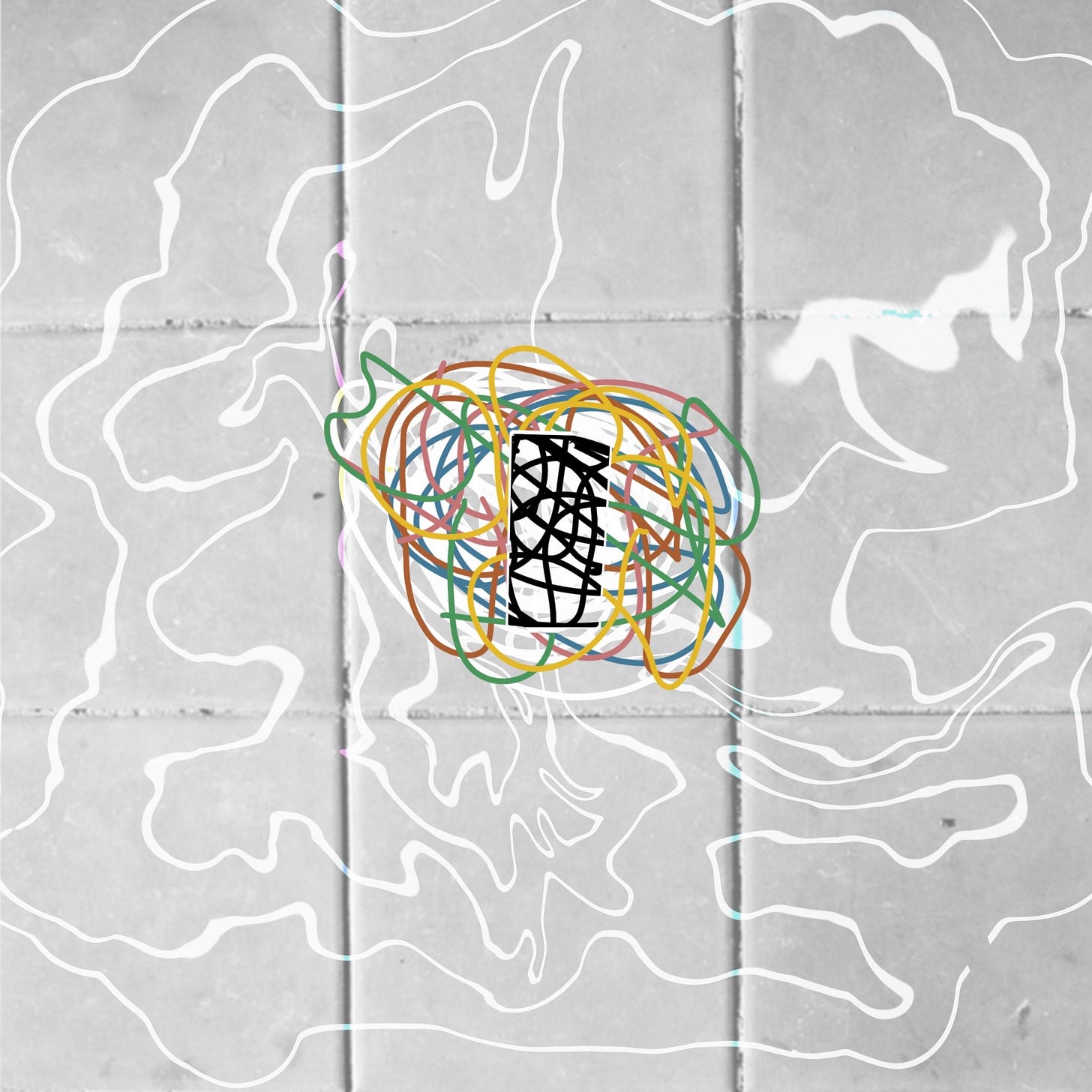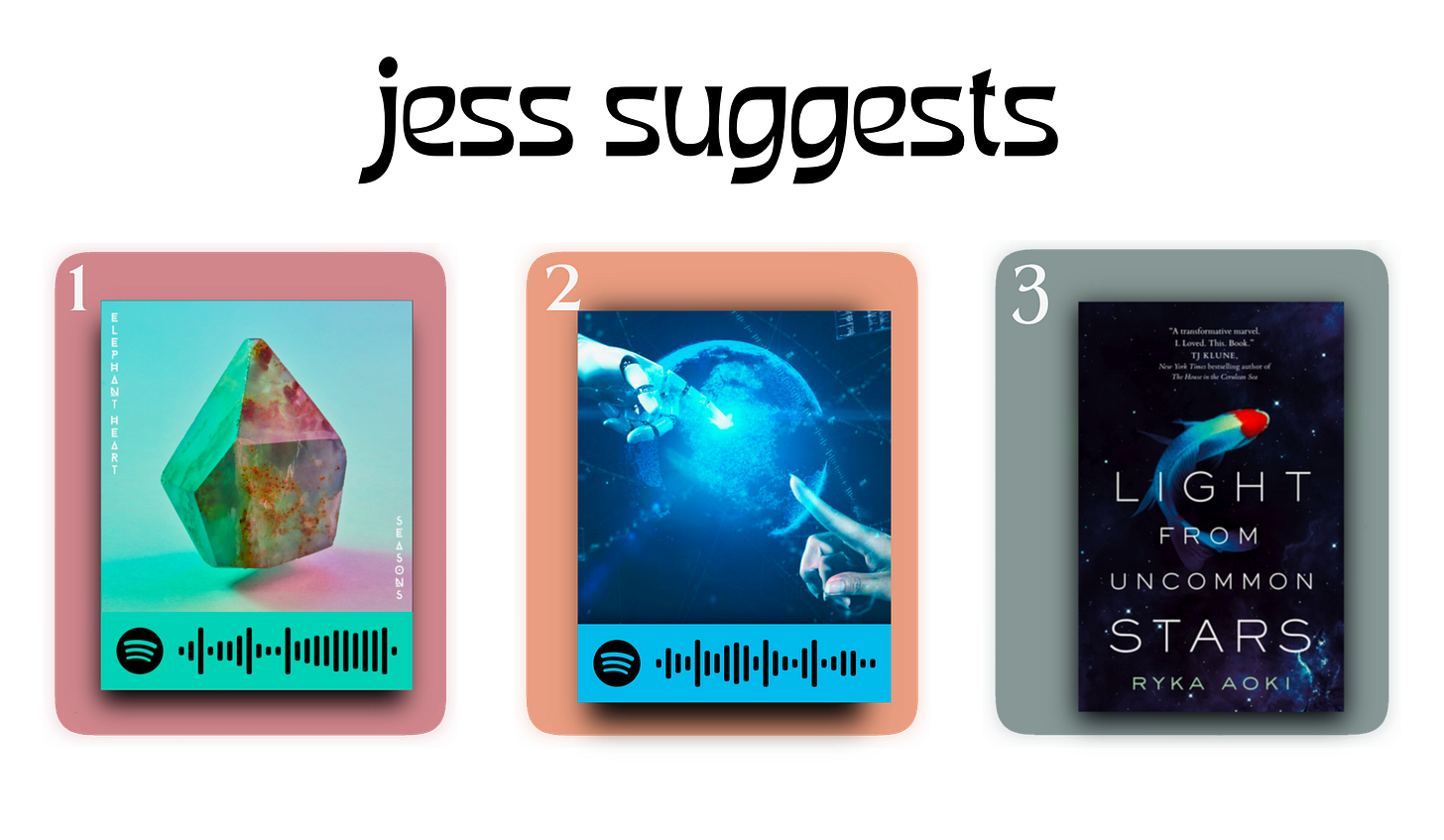Cell Phone Use & Your Heart
connection versus dependence
Cell Phones Have a Bad Reputation
There is a trend within academic research and pop-psychology to discuss and theorize resolutions to excessive cell-phone use.
In 2008, Apple first introduced parental controls as a feature of the updated operating system. Parental controls gave account owners the ability to limit a user’s app use and screen time. A decade later, Apple introduced Screen Time, noting “screen time is great for everyone to better understand and manage their device usage.” International corporations such as apple aren’t the only entities having important discussions regarding phone use; In 2008, the United States Senate Committee on Appropriations heard statements from a panel of high ranking researchers and scientists on the negative health consequences of long-term phone use1.
In 2011, researchers Thomée, Härenstam & Hagberg conducted an incredibly robust study—The results of which clearly identified the correlation between high levels of phone use and mental health symptoms:
Frequent mobile phone use was associated with current stress, sleep disturbances, and symptoms of depression among the young adult men and women in cross-sectional analysis.2
I often feel that being on my phone all the time is bad… Being on your phone before bed will keep you up. Waking up with your phone will soil your day’s perspective. It’s rude to be on your phone at the dinner table. You could trip in the street if you text while you walk. One small study even found that when infants were exposed to just three minutes of their mom texting, they had higher heart rates and more negative affect (compared to infants who did not have interruptions and infants who were interrupted by a 3 minute conversation between adults)3*.
Ok—so I admit it, I struggle with attachment to my phone. It’s incredibly disorganized.
I hate you, don’t leave me sort of attachment. One moment, I set incredibly hard boundaries. Another time I crouch on the kitchen floor like a child who’s just found out about brown sugar. I’m working on what it means to not blame myself for things I did as a child, though.
Anyways…I wholeheartedly believe that the way to resolve the negative consequences of “digital connection” will never be policing my own behavior. We don’t need any more police round here.
How to…organize the attachment?
Those folks back in 2011—Thomée, Härenstam & Hagberg—had some ideas:
Shifts in attitude could also include limiting your demands and expectations on others’ availability, i.e., not expecting others to be available at all times. In our study, a clear risk factor for reporting mental health symptoms was to perceive the accessibility offered by mobile phones as stressful (2011: 10).
I don’t have many ideas. I’m still figuring it out and I’m trying to utilize the resources available to me and also allow myself space and grace because I’m learning. We’re learning. Who KNOWS what lasting effects this digital age will have on humankind. Fuck around and find out, I guess? It most often feels like we’re trapped here in this timeline, blessed with a solution yet unable to stand on two feet.
Ok…so here are some of the hard boundaries aka rules I try to set with my phone, ranked from “I follow this” to “I hardly ever follow this”:
No phone until 8AM (with the exception of turning off the alarm)
No phone after 9PM (sunday-thursday)
No scrolling or texting while at work
No checking phone while in my car
Social media apps limited to 1.5hr/day
Does any of it help? Definitely. I think it helps my sleep to have those screen limits. And it is a matter of safety to stay off my phone in the car. A respect for time and knowledge of where my attention is seems to be more important than any one boundary. So, while I generally feel the positive emotional change when I do follow these rules, it is difficult to avoid the inner shame trap that I’ve created for myself. Why make it even harder by punishing myself when I could be learning? There is no shame in looking.
The phone is a proxy for connection and convenience. Humankind tends to strive for both. It’s OK that you do too.

The Digital by Elephant Heart
A little boppin pop song with an attitude hehe.
“A More Perfect Human” -Throughline by NPR (Mar. 2023)
An incredibly interesting discussion of Artificial Intelligence (moral dilemmas)
Light from Uncommon Stars by Ryka Aoki
Queer centered, riveting plot, and just a whole lot of fun.
Thank you for being here with me.
With love,
Jess
https://heinonline.org/HOL/P?h=hein.cbhear/cbhearings96853&i=9
https://bmcpublichealth.biomedcentral.com/articles/10.1186/1471-2458-11-66
Yael Rozenblatt-Perkal, Michael Davidovitch, Noa Gueron-Sela, Infants' physiological and behavioral reactivity to maternal mobile phone use – An experimental study, Computers in Human Behavior, Volume 127, 2022, 107038, ISSN 0747-5632, https://doi.org/10.1016/j.chb.2021.107038.
*Let’s be clear about those conditions—the infant is having attention from the mother interrupted by either:
a) a 3 minute in person conversation between the mother and the researcher.
or
b) a 3 minute text conversation between the mother and the researcher.
In both conditions, direct affection and care is revoked. But only in one does the infant get to see and hear a live exchange. I am pointing this out to both explain the context of the baby’s distress and bring attention to the fact that the mother is connecting in both.





